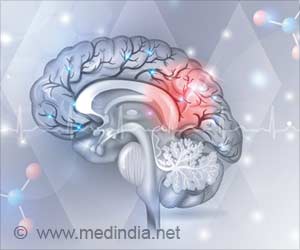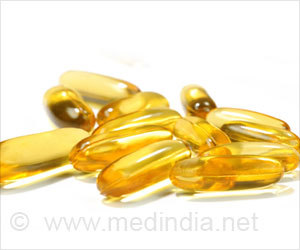Professor Tan Eng King, the Principal Investigator of the study and Deputy Chief Executive Officer (Academic Affairs) and Senior Consultant in the Department of Neurology at the National Neuroscience Institute, states, “While caffeine’s potential protective effect against PD and other neurodegenerative conditions is known, our research demonstrates that it substantially diminishes the risk of PD, particularly for Asians who are genetically predisposed to higher PD risk but currently do not exhibit symptoms.”
Presenting the findings at the 10th Singapore International Parkinson Disease and Movement Disorders Symposium, Prof Tan notes that caffeine is recognized for reducing neuronal inflammation, which aids in decreasing cell death in the brain. However, the precise interaction between caffeine and the Asian PD gene variants remains unknown.
Advertisement
The study, encompassing 4,488 participants, reveals that individuals with specific Asian genetic variations have a 1.5 to 2 times greater likelihood of developing PD . The two predominant Asian gene variants are most commonly found in East Asians. Approximately 10% of the Singaporean population carries one of these gene variants, which are located in the coding region responsible for protein translation.
All participants completed a validated questionnaire on caffeine intake. On average, PD cases consumed 448.3 mg of caffeine, while healthy controls consumed 473.0 mg – equivalent to approximately 4 to 5 cups of Western-style brewed Arabica coffee (235 ml/8 fl oz per cup) or 2 cups of traditional Singapore kopi made from Robusta coffee beans, which contain more caffeine than Arabica beans. Although the protective effects of caffeine appeared to rise with higher doses, individuals consuming less than 200 mg of caffeine daily still experienced a reduced risk of PD. A daily intake of 400 milligrams of caffeine is generally considered safe for most healthy adults.
Parkinson’s Disease: A Growing Health Crisis Among Elderly
Parkinson’s disease is the fastest-growing neurodegenerative condition worldwide, with over 8,000 individuals living with PD in Singapore. This figure represents only a fraction of the total, as a recent NNI study revealed that 26% of the local elderly population exhibit mild signs of parkinsonism. Prof Tan emphasizes that these findings mark a positive stride towards preventing this debilitating condition.
“This research carries significant implications for PD prevention, particularly in countries like Singapore where Asian genetic variations are prevalent. Tea and coffee are readily accessible and culturally embraced in most Asian societies, offering an enjoyable and social means for individuals to potentially reduce their PD risk within normal consumption limits.”
“Let your daily brew be your ally in the fight against Parkinson’s – a cup of prevention in every sip.”
Reference :
- Caffeine intake interacts with Asian gene variants in Parkinson’s disease: a study in 4488 subjects – (https:pubmed.ncbi.nlm.nih.gov/37691886/)
Source: Medindia



